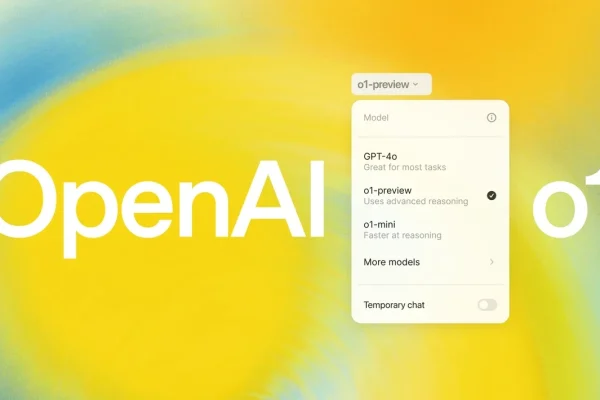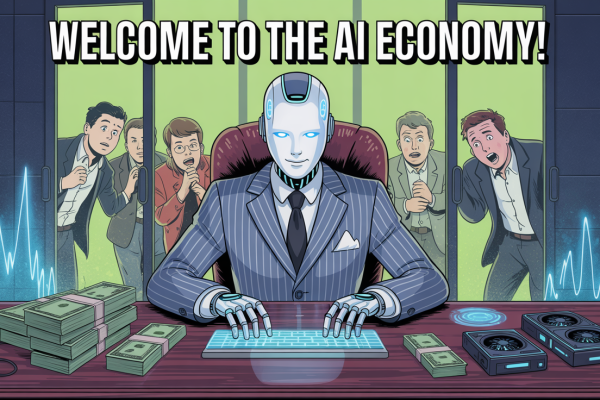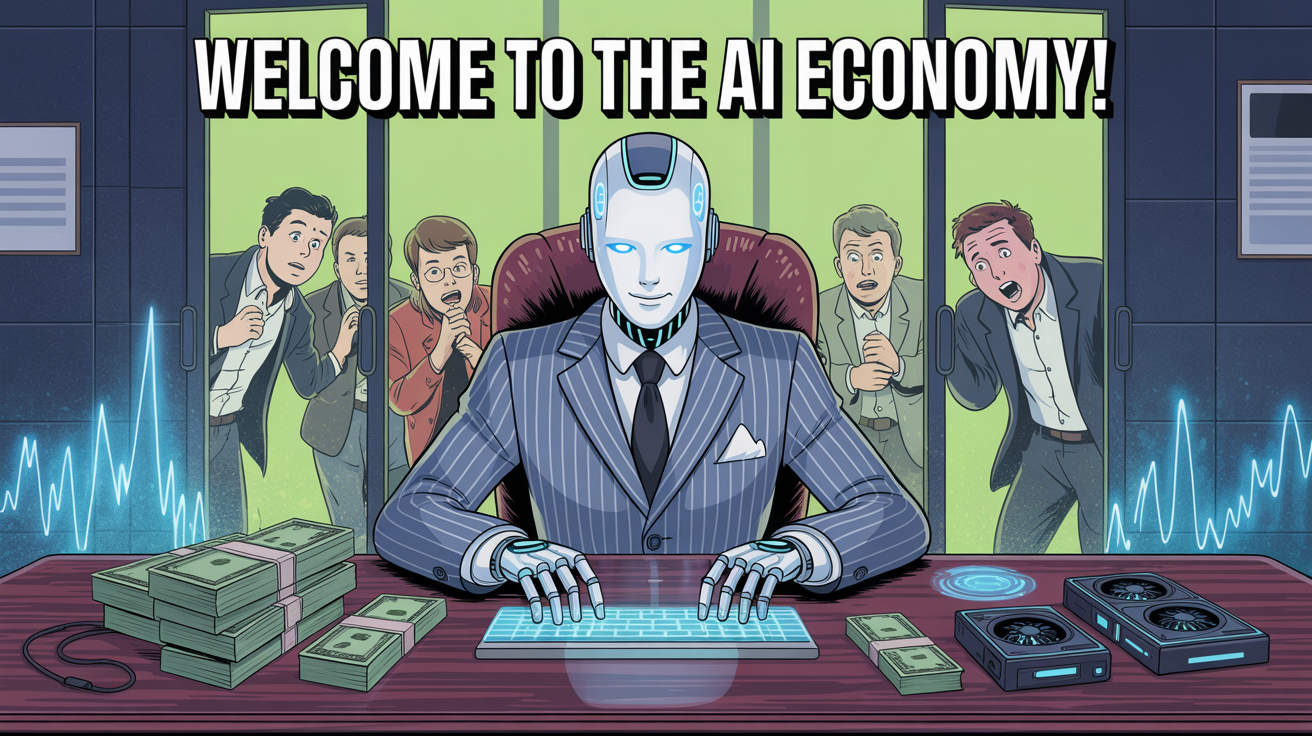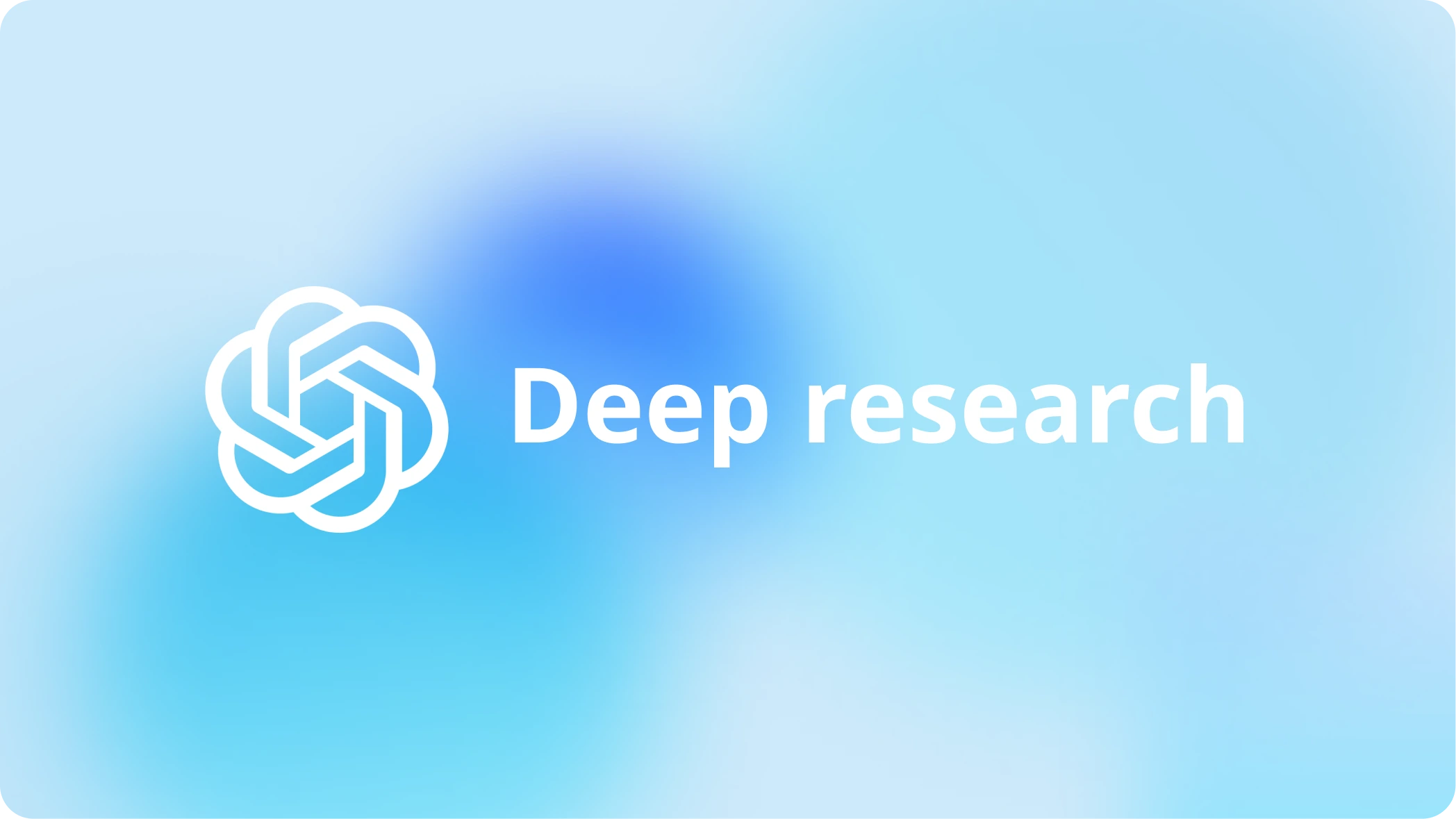

Quantum Computing and Its Impact on AI: A Mind-Blowing Journey into the Future
Alright, folks! Buckle up because we’re about to dive into a world that’s as mind-bending as Ryan Reynolds’ humor—and that’s saying something. Today, we’re talking quantum computing and its impact on artificial intelligence. If you thought AI was already impressive, wait until you see what happens when it gets a quantum upgrade.
Why Should You Care About Quantum Computing?
First things first, why should you care about quantum computing? Well, aside from the fact that it sounds like something from a sci-fi movie (and let’s be honest, who doesn’t love a good sci-fi flick?), quantum computing has the potential to revolutionize AI. Think of it like giving your AI a superhero cape—suddenly, it can do things that were once impossible.
What the Heck is Quantum Computing Anyway?
Okay, so what is quantum computing? In simple terms, it’s a type of computing that uses quantum bits, or qubits, instead of traditional bits. While traditional bits can be either 0 or 1, qubits can be both 0 and 1 at the same time, thanks to a phenomenon called superposition. It’s like having a coin that’s both heads and tails until you look at it. Mind-blowing, right?
Fun Fact: Did you know that quantum computing was inspired by the weirdness of quantum mechanics? It’s like the universe decided to play a practical joke on us, and now we’re trying to harness that joke for technological advancement.
How Does Quantum Computing Impact AI?
So, how does quantum computing impact AI? Well, for starters, it can process massive amounts of data much faster than traditional computers. This means that AI algorithms can learn and make decisions more quickly and accurately. Imagine your AI assistant not just recommending a movie but also predicting the exact moment you’ll need a tissue. That’s the power of quantum computing.
Pro Tip: If you want to impress your friends at the next tech meetup, just casually mention that quantum computing could make AI so powerful that it might even predict the next big meme. Instant conversation starter.
Real-World Applications: From Healthcare to Finance
The applications of quantum computing in AI are endless. In healthcare, it could help analyze complex genetic data to develop personalized treatments. In finance, it could predict market trends with unprecedented accuracy. And in entertainment, it could create the most realistic virtual worlds you’ve ever seen. It’s like living in a future where everything is just a little bit more awesome.
Fun Fact: Did you know that quantum computing could even help us create better jokes? Imagine an AI that understands the nuances of humor and can generate the perfect punchline. Laughter guaranteed.
The Challenges: It’s Not All Sunshine and Rainbows
Of course, like any revolutionary technology, quantum computing has its challenges. Building and maintaining quantum computers is incredibly complex and expensive. Plus, there’s the issue of error correction—quantum systems are notoriously finicky. But hey, if we can send a man to the moon, we can figure out how to make a quantum computer work, right?
Pro Tip: If you’re feeling overwhelmed by the complexity of quantum computing, just remember that even the smartest scientists in the world are still trying to figure it out. You’re in good company.
Wrapping It Up: The Future is Quantum
So, there you have it—a crash course in quantum computing and its impact on AI. Whether you’re a tech enthusiast, a curious mind, or just someone who loves a good mind-bending concept, quantum computing is something to get excited about. It’s the future, and it’s happening right now.









